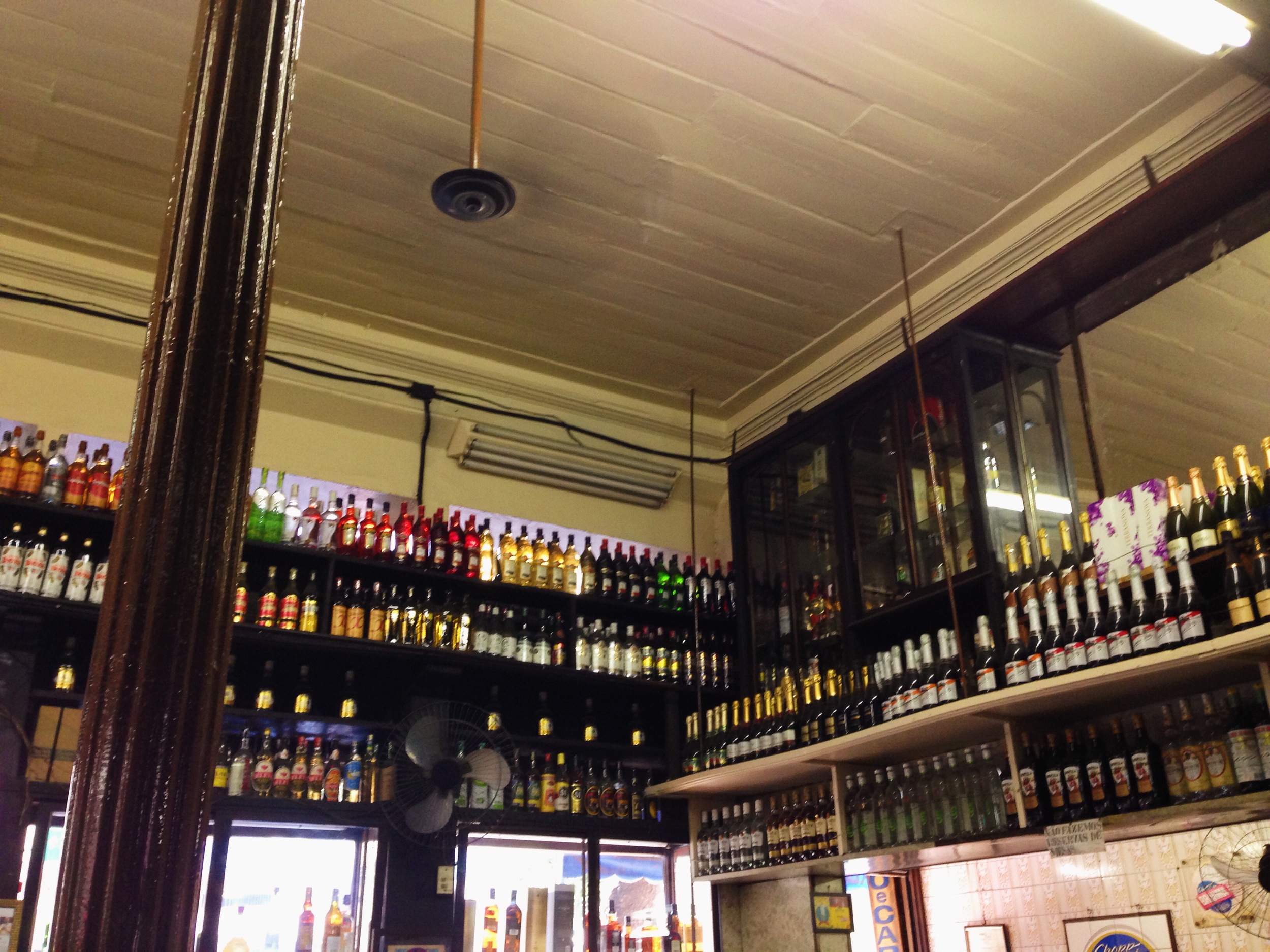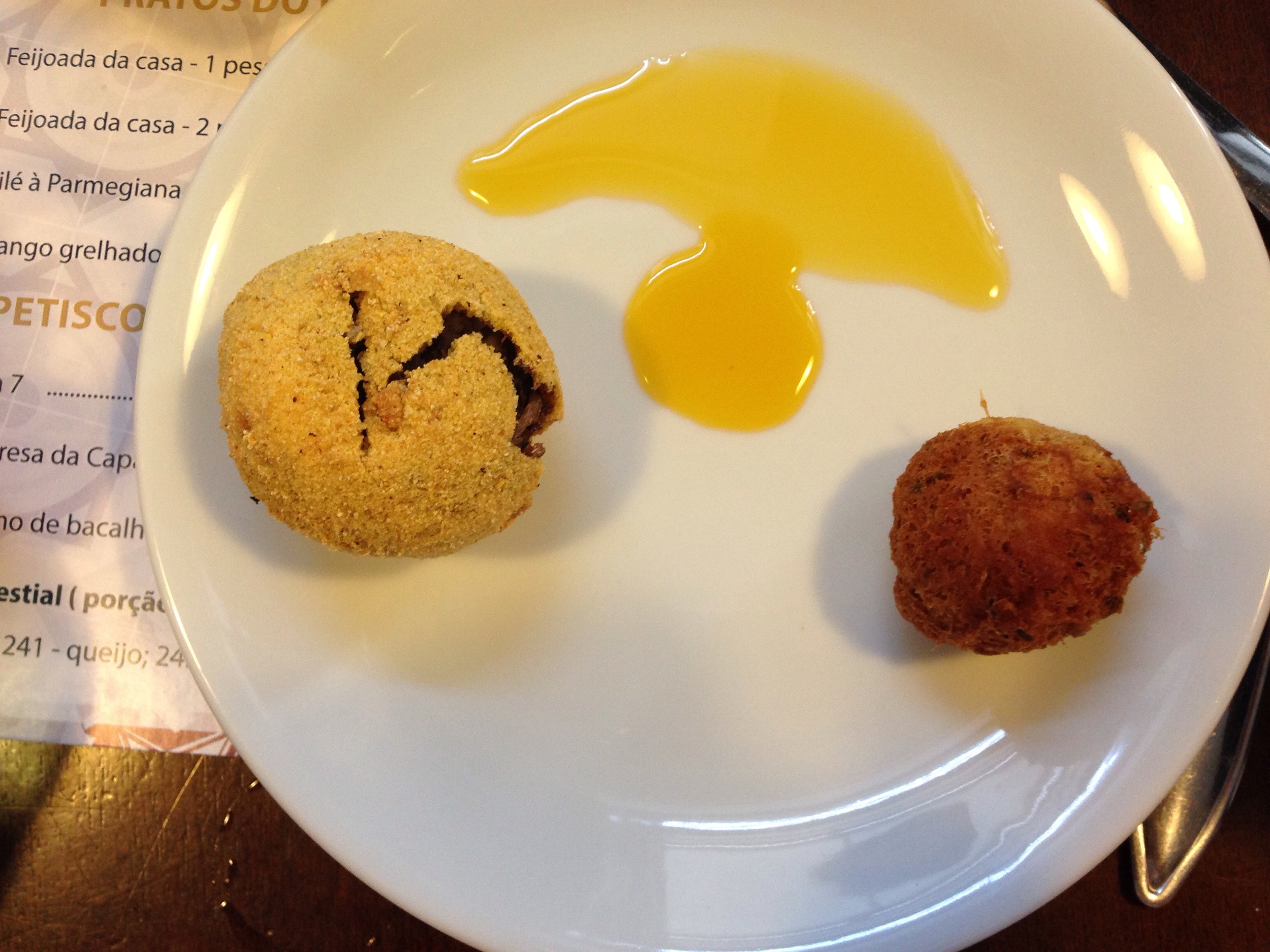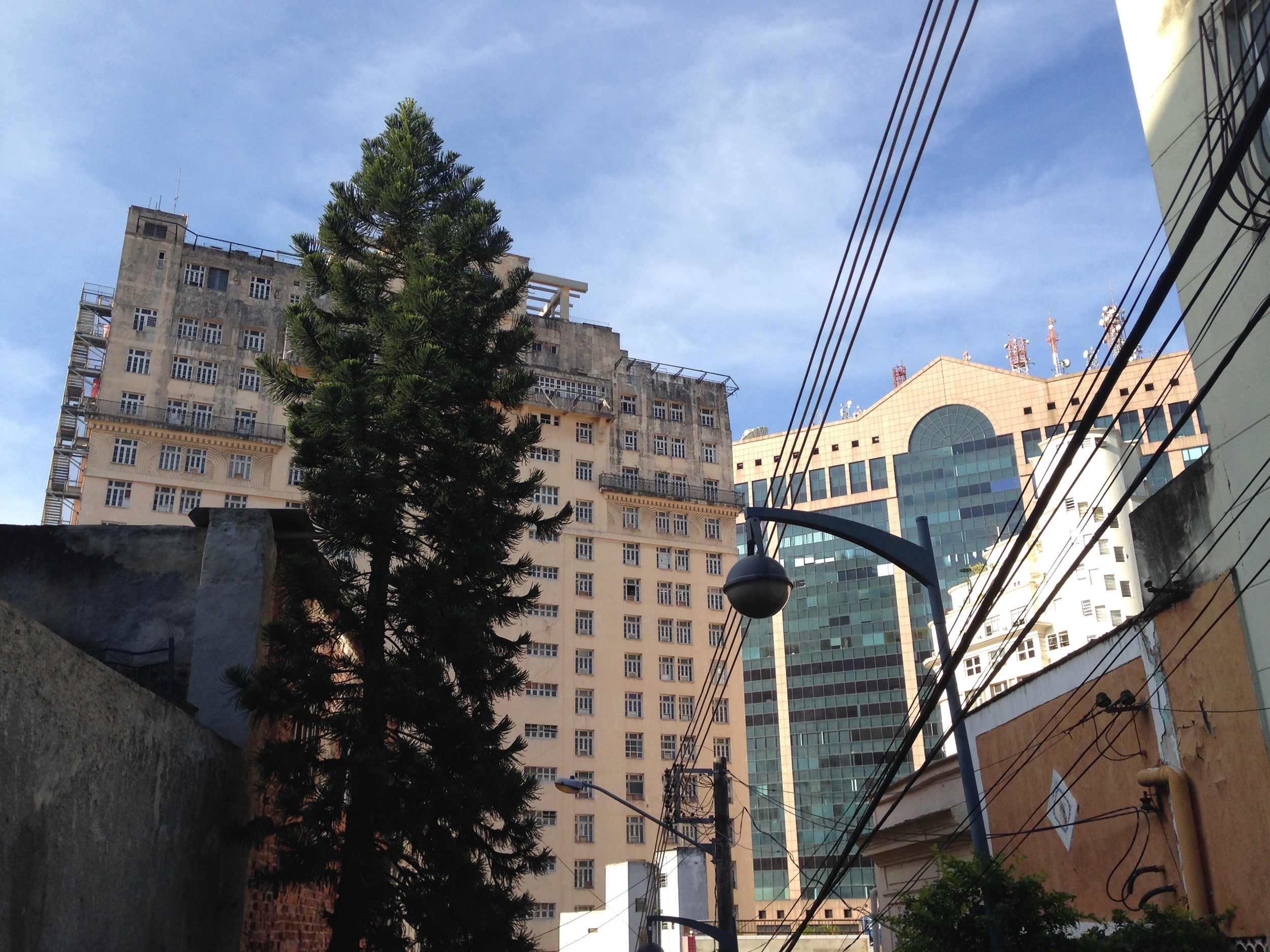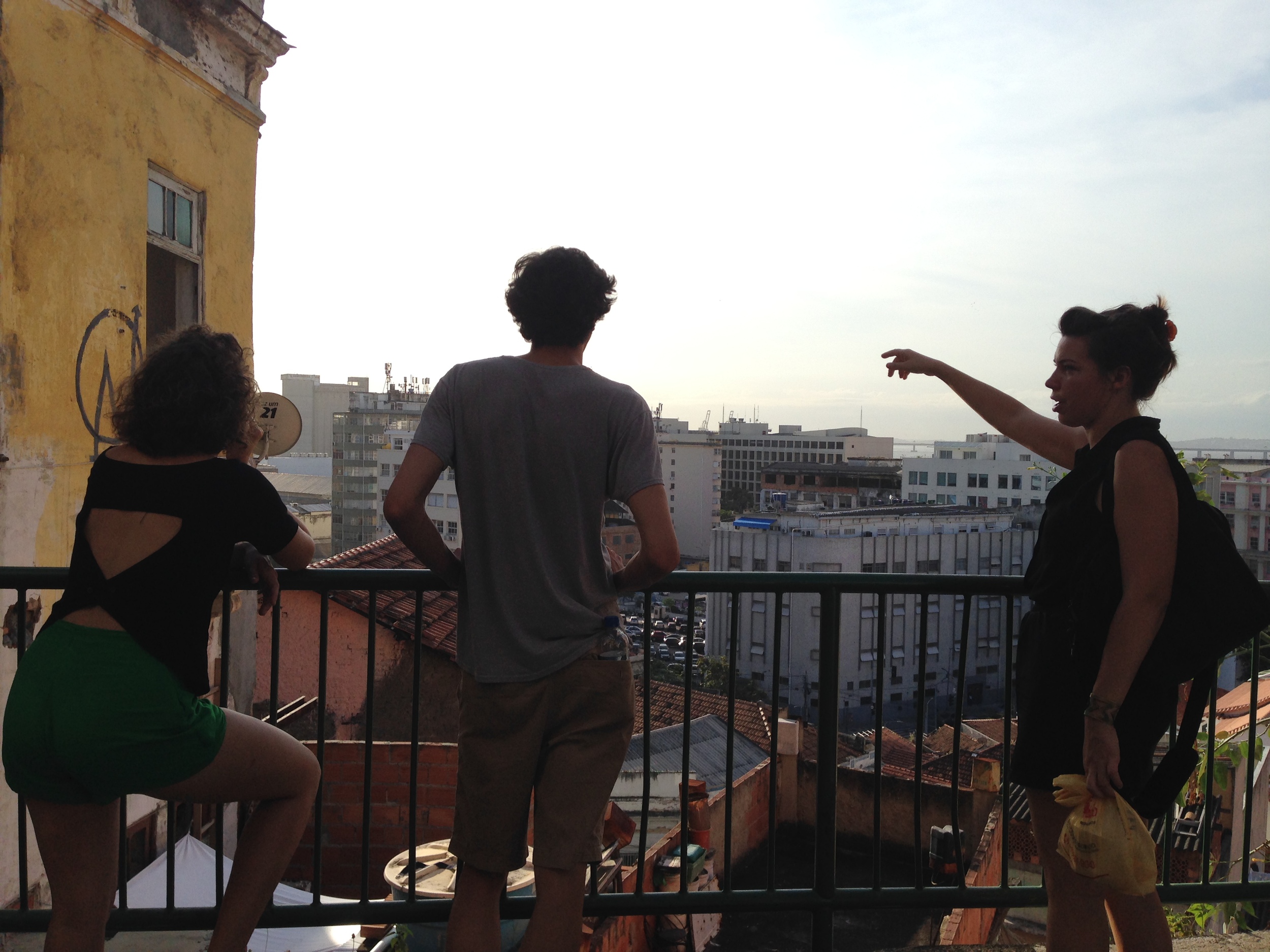Pick Up Duty
Every afternoon at 3:45, after the tornado of the last class period has passed through our doors, we go to the curb to send kids back out into the world. The sun warms faces, hands, wrists. The context of my classroom returns.
The pickup line stretches past the gate of our campus, to the potholed roads outside the gate, and as parents pull up we pace the curb passing students’ names back to the school building like hot potatoes.
At my small private elementary school in New Jersey, pickup was similar, except that a lot of parents arrived an hour early because they didn’t work. The line of Chevy suburbans, minivans, and BMWs reached the gates of campus, too, and caused traffic in downtown Morristown. Mr. Mortensen’s voice came crisply from the loudspeaker, clearly enunciating each first and last name.
On East Las Milpas Road, around the corner from Juniors’ taco mart and in between two huge fields, there is no traffic to be caused, but the rhythm of names is the same.
The window rolls down. Para quien? I ask. Ponce. Ponce, I shout, and Vargas tips it up to Karina, who passes it to Ms. Medina on the mike in the hallway where the kids wait. Barragannnnnn. I relish the rolling my rs, i relish projecting names not mine with confidence, passing them down the line to other teachers until the child emerges from inside, book in hand or backpack messily unzipped, ready to go home. I relish thinking that each child is a part of the hopeful fabric of our school.
Parents often look surprised to see me, la guerita, out there. In my first week, I had to ask “otra vez” many veces when I asked for a child's name. There are many Mexican names I have never heard before - or names that, in the mouth of a mother, come out so quickly my brain needs a minute. I’m learning. I try to channel the simple solid I mean business tone of the women in kindergarten who herd small children efficiently and kindly. This week, a dad smiled at me when I bellowed his son's name up to the front of the line. “Good pronunciation,” he said. I acted like it was no big deal, but that made my day.
***
98% of our student body qualities for free or reduced lunch; I’ve been surprised by the number of big, new pickup trucks, Ford F150s and Toyota Tundras and Chevy Silverados, cleanly washed with shiny chrome rims. When they get into gear to move up two places in the pickup line, they roar. You need to pick up a pre-K student, Dora the Explorer backpack and all, to load her in.
Then you have the smaller trucks with farm mud on the flaps and bulk crates of eggs in the bed. The low Hondas, bumpers dented, with rattling doors. The dusty minivans with cleaning equipment inside and mom in her cleaners’ uniform.
Such a window into a world, the threshold of someone’s car. Mom’s driving, with gold-teeth grandma in the front seat, or it’s an older sibling, or a young couple who could be the parents or the older siblings. Healthcare’s the fastest growing industry in the valley and many of our kids’ family members wear scrubs. I see big new cowboy hats, engine-grease-stained t-shirts, polo shirts from Churchs’ chicken. One mom in a black Acura SUV wears yoga pants. They listen to norteno or country music or Mexican ballads i recognize from 105.1, radio internacional.
Parents pass back gummy bears with chamoy, or Doritos. sometimes an orange. I've seen empty Coke cans in the back seat, rolling around near the feet of a Kindergartner with three silver fillings in his teeth; I’ve seen 2nd graders sit in the front of a huge truck without a car seat. It’s not my job to judge; rather, putting a child in their car, back with their families, reminds me to think carefully about why they may not be doing their homework, or why they complain about stomachaches all the time, or why they are not reading on grade level.
***
i have one student, whom I’ll call Emiliano. Many teachers have called him chiflado, lazy. He still does not start his work until you’ve gone over to him, crouched at his face level, and asked him to tell you what the instructions are. He has tried to run away from mandatory tutoring 3 times, sobbing. This child has never loved school, except for one day when we read part of The Lion, The Witch, and The Wardrobe.
On Thursday, his mom came to pick him up. She drives a white suburban and wears reflector aviators. She had her phone held up to her face after saying hello, and it took me a second to understand what she was doing. Emiliano was walking out of the building with his 1st grade sister by the hand, walking and smiling slowly when he saw his mom. She photographed them in that golden afternoon light and Emiliano happily hopped in when I opened the door. Mom took off her glasses, smiling.
This student is a child, loved by a mother; this student is a child who matters, and it’s my job to figure out how to get him to smile like that every day before he comes to the curb to go home.

















